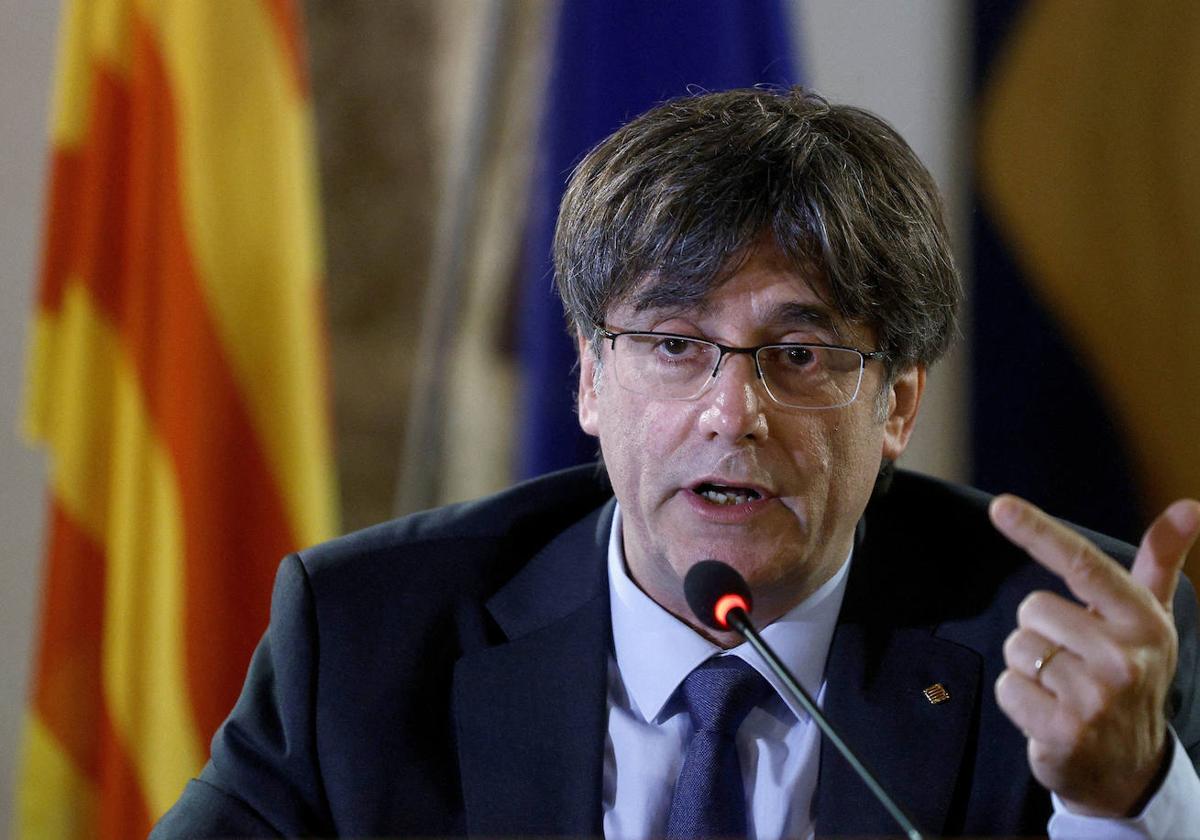Three weeks after the general election, things have gone very quiet, as they always do at this time of year. The drama starts again next ... week, when Pedro Sánchez will try to secure enough votes in congress to become Spain's prime minister for another four years, even though the Socialists came second on July 23rd. But despite the unnerving surface tranquility, behind-the-scenes machinations and stand-offs give us an indication of what's likely to happen next week.
The centre-right, pro-independence party Together for Catalonia, led by the region's exiled former president Carles Puigdemont, has shown itself to be out of touch with reality. It is obsessed with one thing and one thing only: Catalan independence. In exchange for crucial support in the investiture vote(s) next week, Puigdemont has asked Sánchez for amnesties for all those still facing charges for their role in the illegal independence referendum of 2017 and a Madrid-approved repeat of that vote, modelled on the once-in-a-generation collaboration between Holyrood and Westminster in 2014 (controversially, Sánchez issued partial pardons to nine of the referendum's ringleaders in 2021).
Nothing that's happened in Spain over the last six years suggests that either a centre-right or centre-left government would ever sanction an independence referendum in Catalonia, for good reason. Before that could even be discussed as an option, there would have to be unprecedented Constitutional reform. As things stand, the document ratified in 1978 is fundamentally committed to preserving the unity of Spain: attempts to redefine the status and powers of the autonomous regions have consistently met with opposition in congress and the Constitutional Court for that reason.
It therefore looks as if Junts, to stay true to itself, will have to withhold support for Sánchez, thus blocking his attempt to form a government. This would almost certainly necessitate another election in December, the sixth in seven years. Junts has said, petulantly, that that prospect won't deter it from issuing maximalist demands, without realising (or simply not caring) that it could be punished by voters for prolonging the political freeze. The rest of Spain can go hang, though. Only one thing matters: Catalan independence.
Meanwhile, Vox is suffering an identity crisis. Now the honeymoon's over, it's confronted with the prospect of an unhappy marriage to the PP. It's also dealing with internal tensions. Following the resignation of spokesperson Iván Espinosa de los Monteros this week, a rift has opened up between a cabal surrounding leader Santiago Abascal and more moderate members unhappy with the party's hardline stance. But if Junts' intransigence triggers another vote in December, Vox would have time to tack to the centre and make itself more viable to voters and the PP. This is the calm before the storm.


Comentar es una ventaja exclusiva para registrados
¿Ya eres registrado?
Inicia sesiónNecesitas ser suscriptor para poder votar.